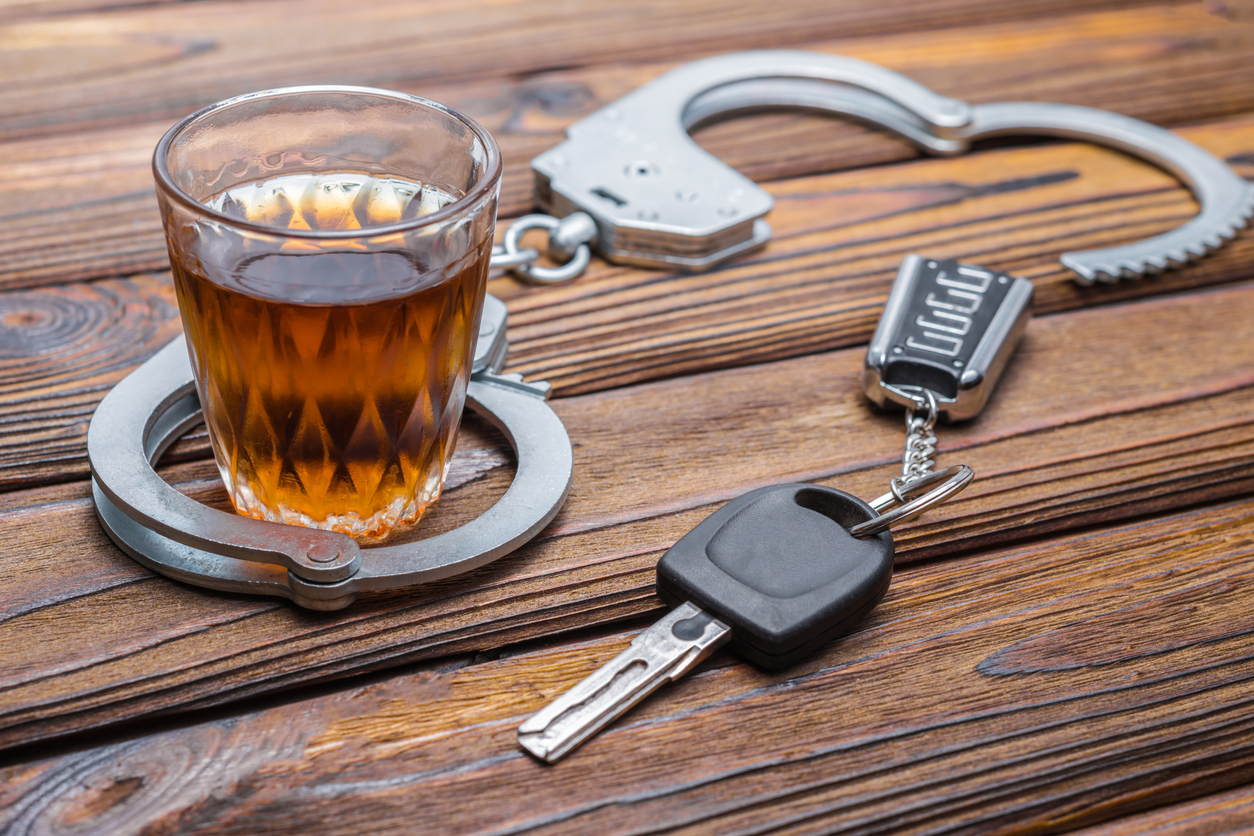
Facing DUI charges in Maryland can be a daunting experience, carrying significant legal and personal consequences. However, there are numerous defenses available that can potentially mitigate or even dismiss these charges. Understanding these defenses is crucial for anyone accused of driving under the influence, as it can profoundly impact the outcome of their case.
Challenging the Initial Traffic Stop
One of the most effective defenses against a DUI charge in Maryland involves scrutinizing the legality of the initial traffic stop. Law enforcement officers must have reasonable suspicion or probable cause to pull over a vehicle. If it can be demonstrated that the officer lacked this legal justification, any evidence gathered during the stop, including field sobriety tests or breathalyzer results, may be deemed inadmissible in court. This defense hinges on examining the officer’s actions and ensuring that the stop was conducted within the bounds of the law.
Questioning the Field Sobriety Tests
Field sobriety tests are commonly used by police officers to assess a driver’s impairment level. These tests, which include the walk-and-turn, one-leg stand, and horizontal gaze nystagmus, are subjective and can be influenced by various factors unrelated to alcohol consumption. A strong defense can be built by challenging the administration and interpretation of these tests. Factors such as the testing environment, the driver’s physical condition, and even the officer’s instructions can be scrutinized to demonstrate that the results were not an accurate reflection of impairment.
Disputing Breathalyzer Test Accuracy
Breathalyzer tests are a cornerstone of DUI evidence, yet they are not infallible. Several factors can compromise the accuracy of breathalyzer results, including the calibration of the device, the administration of the test, and the driver’s physiological conditions such as medical issues or recent consumption of certain foods or medications. By investigating these potential flaws, a defense attorney can argue that the breathalyzer results are unreliable and should not be used as evidence of intoxication.
Examining Blood Test Procedures
In some DUI cases, blood tests are conducted to determine the driver’s blood alcohol concentration. These tests are generally more accurate than breathalyzers, but they are also subject to strict procedural requirements. Any deviation from these protocols can compromise the integrity of the results. A robust defense will meticulously review the chain of custody, storage conditions, and handling procedures to identify any errors that could render the blood test results inadmissible.
Presenting Medical Conditions
Certain medical conditions can mimic the symptoms of intoxication or affect the results of DUI tests. Conditions such as diabetes, acid reflux, and neurological disorders can produce symptoms that resemble impairment, such as slurred speech, unsteady gait, or even elevated blood alcohol levels. By providing medical evidence and testimony, a defense attorney can argue that the observed symptoms were not due to alcohol consumption but rather a medical condition.
Challenging Officer Observations
Law enforcement officers’ observations play a critical role in DUI cases. These observations often include noting the driver’s behavior, appearance, and the smell of alcohol. However, these subjective assessments can be influenced by biases or environmental factors. A defense strategy may involve cross-examining the officer to reveal inconsistencies or alternative explanations for their observations. Demonstrating that the officer’s conclusions were based on flawed perceptions can weaken the prosecution’s case.
Arguing Rising Blood Alcohol Levels
The concept of rising blood alcohol levels can be a compelling defense in DUI cases. This defense is based on the idea that a driver’s blood alcohol concentration was below the legal limit while driving but increased by the time they were tested. Alcohol takes time to be absorbed into the bloodstream, so if there was a delay between the traffic stop and the administration of the test, it is possible that the driver’s BAC was legal while they were operating the vehicle. By presenting evidence of this delay, a defense attorney can argue that the BAC test results do not accurately reflect the driver’s condition at the time of driving.
Highlighting Procedural Errors
The legal process surrounding DUI arrests involves strict protocols and procedures. Any deviation from these established procedures can provide grounds for a defense. This includes errors in paperwork, mishandling of evidence, failure to read Miranda rights, or not following due process during the arrest. A thorough review of the arrest process can uncover procedural errors that may lead to the suppression of evidence or dismissal of charges.
Demonstrating Lack of Probable Cause for Arrest
Even if the initial traffic stop was lawful, the officer must have probable cause to make an arrest for DUI. This means that there must be sufficient evidence to believe that the driver was impaired. If the defense can show that the officer did not have adequate grounds for the arrest, any subsequent evidence obtained, including chemical test results, may be excluded from the case. This defense focuses on scrutinizing the officer’s decision-making process and the evidence presented at the time of the arrest.
Using Witness Testimony
Witness testimony can be a powerful tool in defending against DUI charges. Passengers in the vehicle, bystanders, or other individuals who interacted with the driver before or during the traffic stop can provide valuable insights that counter the officer’s version of events. These witnesses can testify about the driver’s behavior, sobriety, and other relevant factors that may challenge the prosecution’s case. Presenting credible witness testimony can create reasonable doubt and bolster the defense’s argument.
Defending Maryland Drivers
Navigating a DUI charge in Maryland requires a comprehensive understanding of the legal landscape and a strategic approach to defense. At Alpert Schreyer Criminal Defense Attorneys, we are committed to providing vigorous representation to protect your rights and achieve the best possible outcome for your case. Our experienced attorneys will meticulously examine every detail, from the legality of the traffic stop to the accuracy of chemical tests, ensuring that no stone is left unturned in your defense.
If you or a loved one is facing DUI charges in Maryland, do not hesitate to contact Alpert Schreyer Criminal Defense Attorneys. Our dedicated team is ready to provide the guidance and support you need during this challenging time. Reach out to us today to schedule a consultation and take the first step towards a robust defense strategy. Your future is too important to leave to chance — let us help you fight for it.
Contact the Criminal Defense Attorneys at Alpert Schreyer Criminal Defense Attorneys in Maryland for Help Today
For more information, contact Alpert Schreyer Criminal Defense Attorneys to schedule a confidential consultation with a criminal defense attorney. Our team is available to assist clients in Lanham, Frederick, Rockville, Waldorf, Annapolis, and Lexington Park, Maryland.
We proudly serve Prince George’s County, Frederick County, Montgomery County, Charles County and the surrounding areas. Visit our law offices at:
Alpert Schreyer Criminal Defense Attorneys – Lanham Office
4600 Forbes Blvd Ste 201 Lanham, MD 20706
(301) 262-7005
Available 24/7
Alpert Schreyer Criminal Defense Attorneys – Frederick Office
25 E Patrick St #200 Frederick, MD 21701
(301) 381-1993
Available 24/7
Alpert Schreyer Criminal Defense Attorneys – Rockville Office
11140 Rockville Pike 550-J Rockville, MD 20852
(301) 364-3195
Available 24/7
